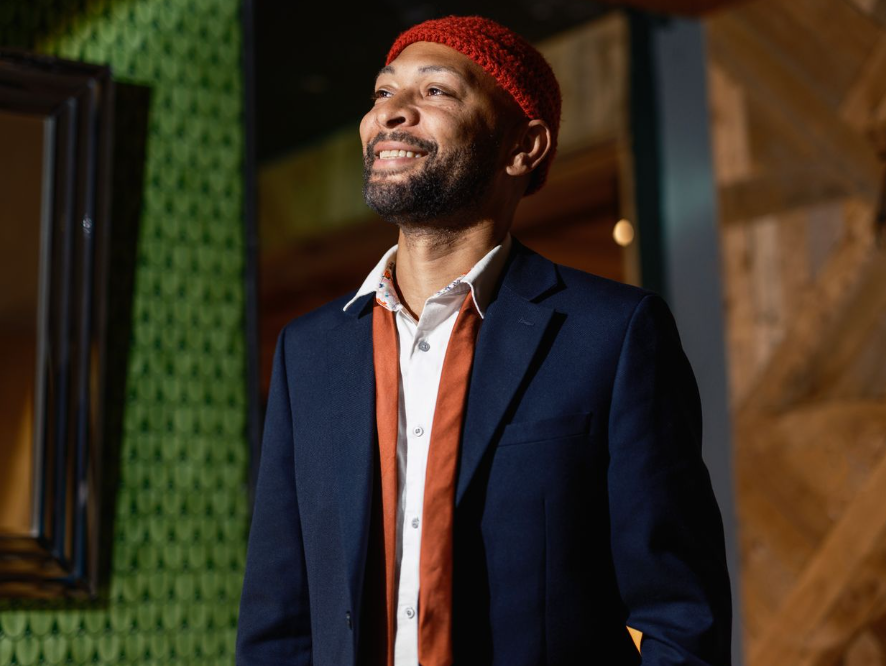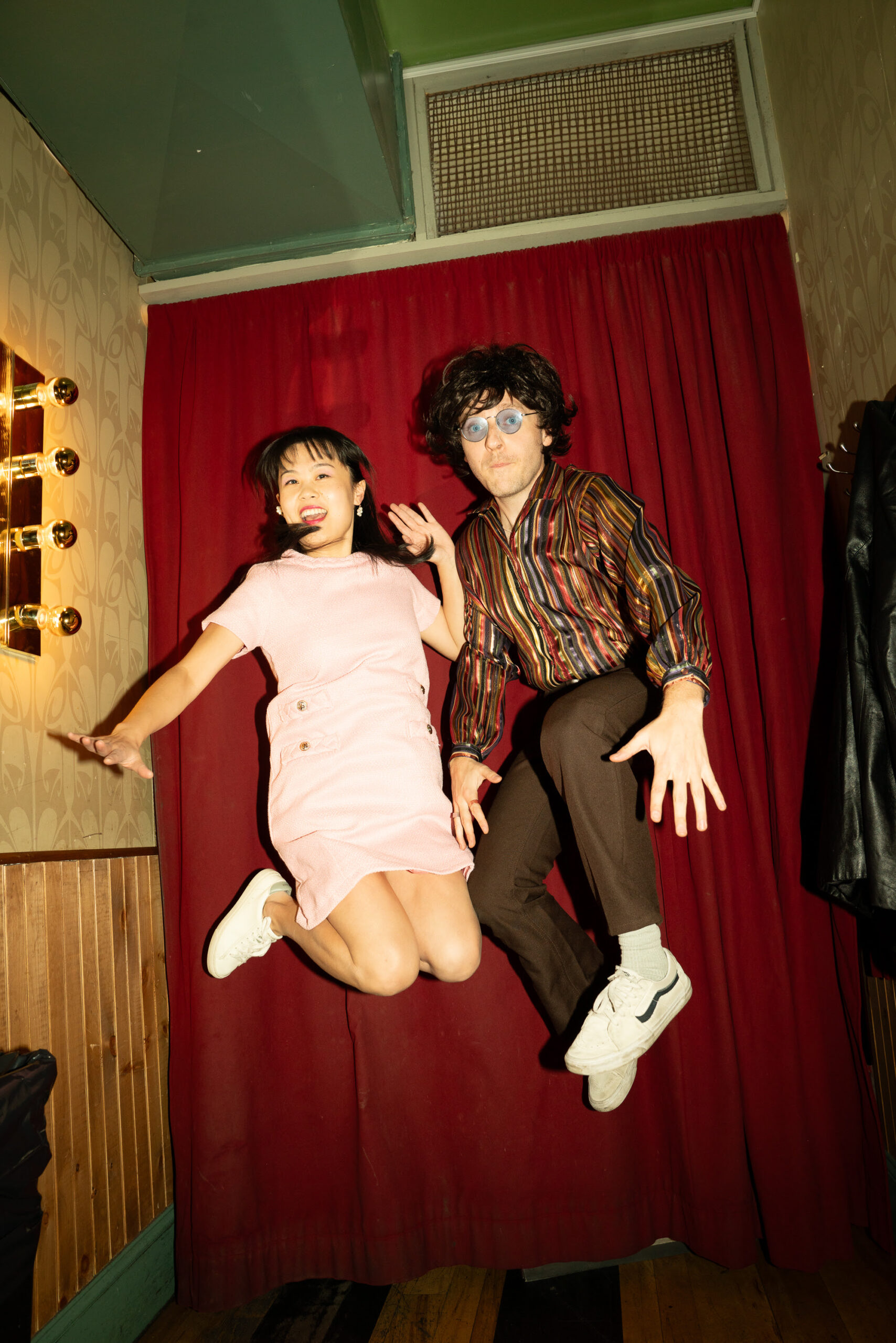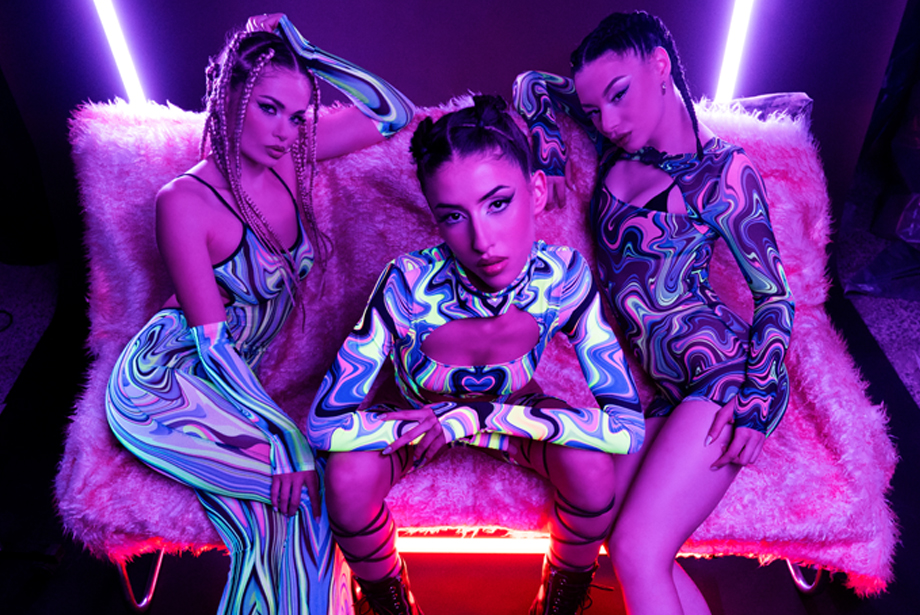I need to get something off my chest: I loved Todd Phillips’ Joker.
Normally when I review a movie, I try to approach it from as universal a perspective as possible. To do that, I try to factor in both my own enjoyment of a film and whether or not it succeeds at whatever it’s trying to be. This means that different types of movies need to be approached through different lenses and with variable critical criteria. A good reviewer can judge an Oscar contender on the strength of its acting and dialogue and a Transformers movie on how well the robots smash together.
But ultimately, reviews always come down to the subjective perception of the reviewer. So for a movie like Joker, one that’s controversial practically by design, let’s not even pretend there’s a veneer of objectivity. The vast variance in reviews, from a slew of perfect Metacritic scores to a slew of single stars, shows that this is a movie that hits people with different perspectives in very different ways. For me, as someone who has struggled my entire life managing my own mental illness, this was the baggage I brought into Joker.
Joker follows Arthur Fleck (Joaquin Phoenix giving an Oscar-worthy performance, but you already know that), a mentally ill man who lives with his mother in the poorest part of Gotham City. Arthur works as a party clown by day and dreams of being a stand-up comedian. Unfortunately, his neurological disorder results in severe depression, delusional episodes, and inappropriate fits of laughter, the latter of which make him a consistent target of derision and violence. He attempts to get help multiple times, attending weekly sessions with a social worker in order to get medical treatment, but the city cuts funding to social services, causing poor, mentally ill people like Arthur to fall through the cracks.
Freshly out of proper medication and facing increasingly brutal stressors in his life (his mother falling ill, getting fired from his job, gang beatings), Arthur finally snaps and murders three wealthy young white men after they beat him up on the train. His actions spawn anti-rich protests, with the impoverished people of Gotham viewing his murders as a symbol of the class divide. As Arthur descends deeper into his violent inclinations and revenge against those who wronged him, so too does the social unrest grow surrounding the blatant class divide.
Many of the movie’s events are largely up to interpretation. Due to Arthur’s delusions, it’s hard to be sure what events (especially in the more violent second half of the movie) are occurring as we see them or are simply playing out in Arthur’s head. This means that a lot of the movie’s biggest questions never receive closure. For instance, we never actually learn whether or not Arthur killed Sophie (Zazie Beetz), the single mother in his apartment complex whom he obsesses over and holds the delusional belief that he’s dating. We also can never be sure if the citizens of Gotham are actually rallying around his violence or if that’s a fantasy he’s drummed up as well.
But all narrative obfuscation aside, the movie’s main message seems crystal clear to me: Our society stigmatizes and fails mentally ill people, especially those who are also poor, on every conceivable level.
I know this firsthand. Trying to get even the most basic psychological assistance within the American healthcare system can be a devastating experience. People who need help to function through their daily lives are expected to expend great amounts of effort to track that help down, only to be told time and time again that it’s a dead end. I can’t even count the number of therapists I’ve called who don’t take my insurance (even though they list it on their site) and would cost me hundreds of dollars I can’t afford per session. Imagine going through this process thirty times during the darkest period of your life, when simply getting out of bed already drains all the energy you have for the day. This is the American mental health system in practice, and it’s bad enough that whenever I hear about someone killing themselves due to mental illness, I totally get it.
Part of what makes Joker such an uncomfortable viewing experience is that the movie forces us to view Arthur’s violent actions from a place of understanding. He’s not doing what he’s doing out of nowhere, for no reason. He’s doing what he’s doing because the social safety nets that he needed failed him at every step of the way. That’s not to say that his actions were “right,” but rather that they made perfect sense within the context of everything he had been through. It’s a rare movie that portrays someone doing awful things without giving viewers the easy out of categorizing him as an outright villain.
Some viewers saw Joker as an incel power fantasy, but I strongly disagree. Even at his most “powerful,” even at the peak of his televised vengeance against talk show host Murray Franklin (Robert De Niro) who made fun of him on national TV, Arthur is still pitiable. He’s completely broken and considering the fact that this movie (despite being a one-off) exists within the larger DC mythos, we know that he’s doomed to get beaten time and time again by Batman––a rich boy with all the resources Arthur never had.
It’s not a power fantasy. It’s not just “edgy.” It’s the truth. If we continue to ignore and stigmatize mental healthcare, people will continue to snap.
5/5
- Justin Bieber and Mental Health: The Art of the Celebrity Instagram … ›
- Etika and the Struggle to Cope: Mental Illness as an Influencer … ›
- On World Suicide Prevention Day: Advice from 8 Celebrities Battling … ›
- The Media Was Right: How “Joker” Changed Me Forever – Popdust ›
- 10 Movie Protagonists Who Just Needed Therapy – Popdust ›
- New movie ‘Joker’ starting conversations on violence, mental illness … ›
- Joker: Arthur Fleck’s Real Life Laughing Mental Illness Explained ›
- Is the Joker’s Mental Health and Personality Profile Possible in Real … ›
- Here’s the Real Disorder Behind Joker’s Uncontrollable Laugh … ›
- Analyzing ‘Joker’ with a Psychiatrist Who Treats People Like the Joker ›
- The Joker’s Origin Story Should Explore Mental Illness ›
- Batman Villains Psychoanalyzed By Mental Health Experts | HuffPost ›
- ‘Joker’ Review: The Movie Has a Profound Misunderstanding of … ›
- The Joker: Mental Status Examination ›
- Why it’s a problem if “Joker” connects mental illness to villainy … ›













